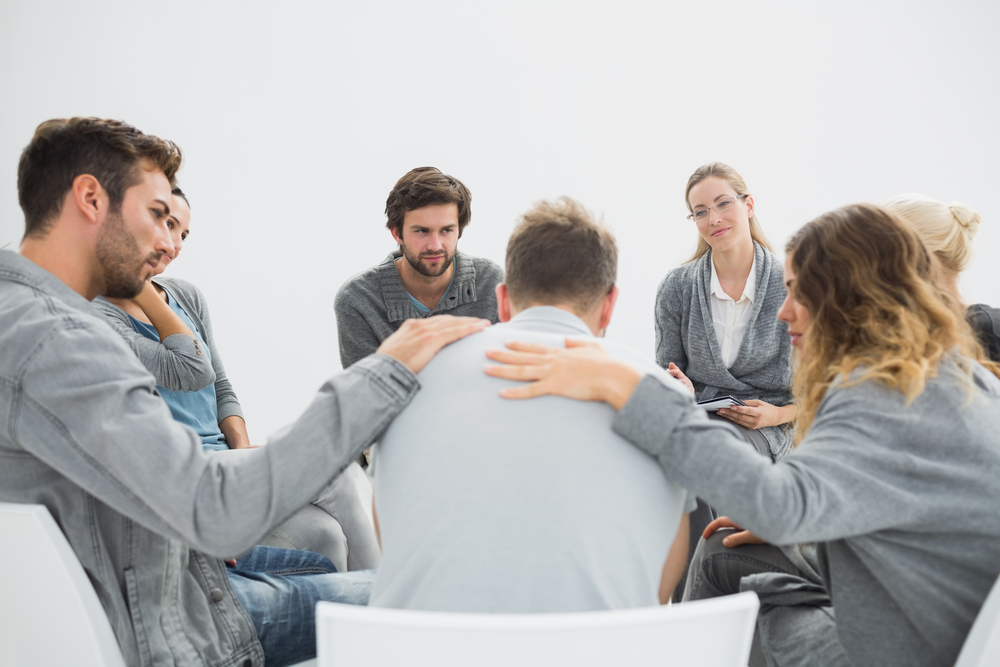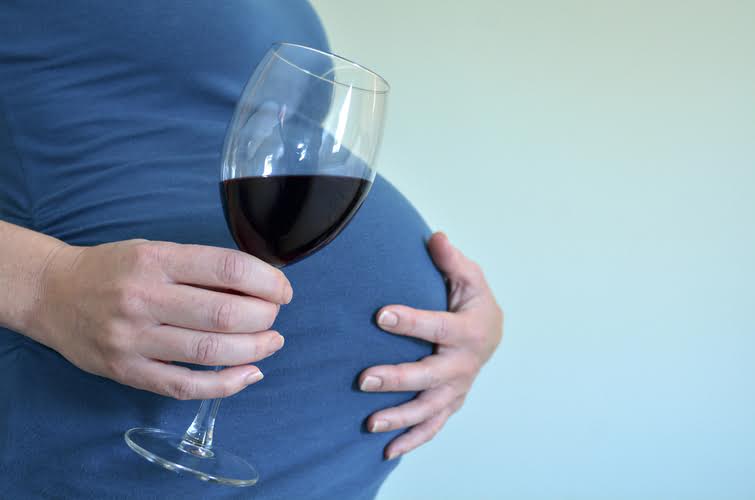Contents
In early recovery, it is a really great idea to avoid them altogether if you can. For instance, don’t go to bars or hang around with people who do drugs. Some places can be risky for former drug abusers because they act as reminders of what they used to do before deciding to quit. A memory connection may occur when you visit the areas you used to drink or abuse drugs, including bars, concerts, neighborhoods, and hotels. Sometimes, some people encounter an addiction trigger and everything teeters on the edge of relapse.
- In recovery, people don’t have that option and often struggle to accept and process negative feelings.
- Take the time to learn how to deal with triggers that may have more gravity to them than originally thought.
- As we’ve mentioned a few times, it’s important to learn healthy coping mechanisms to help you handle yourself if you happen to encounter one of your triggers while you’re out in the world.
Sometimes, arrangements can be made, other times, you may need to make these changes for yourself. While it may not be available for everyone, it effectively reinforces lessons on how to deal with triggers. Bumping into someone you used to drink or do drugs with at the store or library, can and might happen.
Physical Triggers And How To Cope
People who struggle with addiction need effective ways of tolerating, managing, and making sense of the negative feelings encountered in daily life. Alcohol, drugs, or addictive behaviors used to provide temporary relief from those feelings, but you can’t rely on them anymore. And, many people who struggle with addiction turn to their substance or activity of choice as a maladaptive way of coping with it. The cue-reactivity paradigm used in fMRI addiction studies has pointed out limbic and prefrontal cortices as the key systems in response to stimuli (Chase et al., 2011).

Instead of allowing the trigger to overcome you, talk to yourself logically. Explain to yourself that you recognize the trigger, you’re taking steps to remove yourself from the situation and you don’t allow the trigger to have any power over you. Relapse is often viewed as the result of a sudden impulse, but there is actually a litany of warning signs that can show when someone is at escalating risk of using drugs or alcohol again. Global statements like “This action proves I am a failure” are harmful and can cause negative feelings that trigger a relapse. Leaving behind the all-or-nothing approach helps people take a more rounded view of their recovery and limit reactionary emotions. Scheduling can also get stressful, as patients in treatment or aftercare may think about skipping therapy or support group meetings to attend family events they consider obligatory.
They may begin to feel discontent with their progress and restless in their disintegrating routine. Without the proper structure and routine, a person is what is alcohol’s mechanism of action more likely to start thinking about using again. Staying off this slippery slope is the only way to prevent over-confidence from resulting in relapse.
Take advantage of the opportunity to participate in family therapy programs available through a treatment center. Regardless, if anything is causing distress or threatening relapse, you need to do what’s best for you and your sobriety. Alcohol is particularly difficult because so many people view drinking as normal, and it can crop up in unexpected places like office parties or even a neighborhood potluck.
Nostalgia for Substance Abuse
However, what all addicts in recovery do have in common, is having to face them. What makes this important is the factor that encountering a trigger evokes; That common element is stress. Keep in mind that while these are popular coping mechanisms, they might not work for everyone. Take the time to figure out what works best for you as part of your personal recovery journey. After a period of poor self-care, someone in recovery will likely experience some of the mental signs of relapse.
What are external triggers?
External triggers are environmental events and situations that make you want to use drugs or drink alcohol. This can be anything from certain social situations, responsibilities, and even specific places that trigger your desire to use again.
Instead, learn how to practice relaxation, and how to be relaxed in any and every situation. One important study examined theeffect of visual triggersin people who were former users of cocaine. Researchers showed the participants photos of cocaine and related situations and found that the images resulted in a subconscious emotional response in the brain. The researchers observed a rapid activation of the pathways related to drug cravings. There are many categories of addiction relapse triggers, and they fall into multiple groups.
What to Do After You Identify Your Triggers
It is perilous for a person in recovery to be around substance-using friends and family. Offering alcohol to a former addict may trigger feelings that urge the individual to use drugs. Internal triggers of substance use can be more difficult to avoid since they consist of emotions, thoughts, and feelings linked to the habit. When an internal trigger occurs, it may result in undesirable behaviors that can compromise your recovery journey. The cues can contribute to an intense urge for the substance you were using. Another important concept to consider when coping with addiction triggers is their impact on our mental health.
But, recovery is not just about “quitting” and “abstaining” as much as it’s about building a new life in which it is easier—and more desirable—not to use. It’s also important to learn positive ways to successfully manage the stress. Hosted by Editor-in-Chief and therapist Amy Morin, LCSW, this episode of The Verywell Mind Podcast, featuring addiction specialist Erica Spiegelman, shares the skills that help in recovery.
Underlying Psychological Triggers Can Lead To Relapse
The information we provide is not intended to be a substitute for professional medical advice, diagnosis or treatment. It should not be used in place of the advice of your physician or other qualified healthcare provider. Patients in rehab may consider skipping treatment sessions or support group meetings to spend time with their friends and family. A break in the routine may leave periods of isolation where patients may be inclined to use substances. People at risk of a relapse should avoid stressful situations that are likely to push them to use drugs and alcohol. The research maintained that subconscious cues are dangerous because they reinforce the patient’s desire to restart using drugs without them being aware of it.
What are PTSD triggers?
Triggers can include sights, sounds, smells, or thoughts that remind you of the traumatic event in some way. Some PTSD triggers are obvious, such as seeing a news report of an assault. Others are less clear. For example, if you were attacked on a sunny day, seeing a bright blue sky might make you upset.
Addiction is a chronic brain disease with arelapse ratesimilar to that of other chronic conditions like diabetes. When people stop their treatment plans for chronic conditions, they are more likely to relapse. Using drugs or alcohol over the long term builds associations between a person’s daily routine and their experiences with intoxication. washington area intergroup association As a result, certain cues immediately flip the switch on the association and activate the craving reflex in response to external or internal triggers in recovery. Triggers may decrease in frequency the longer someone abstains from substance use, but anyone in recovery needs to be prepared to respond appropriately when triggers do arise.
How to Identify Substance Abuse Triggers and Cope with Cravings
You will need to have an aftercare plan in place that you can rely on to default to. Regardless, the strong desire to turn back to addiction is a universal understanding among individuals that have faced their addiction. While it may not make it easier, it does mean that you alcohols effects on blood pressure never have to face those demons completely alone. Learning to recognize triggers, getting help from a counselor, and building a support network are all useful tools in preventing a relapse. Do everything you can to protect yourself, but don’t beat yourself up if you do slip.
Individuals often underestimate the dangers of situations and fall into the trap of single-time use. They give themselves permission to use substances in a controlled way, but the frequency of use generally increases until they fully relapse. During therapy for people experiencing emotional relapse, patients are encouraged to identify their denial and focus on self-care. Identifying triggers and coping with cravings is absolutely necessary for those who want to enjoy ongoing sobriety. You might be worried that this distraction tactic might come across as rude if you’re out in public. There’s nothing rude about taking care of yourself and avoiding triggers that could lead to a relapse.

Aim to learn how to get comfortable with uncomfortable feelings and emotions. You need to have a plan in place before you encounter a trigger and experience a craving. Before you can come up with a way to stop your cravings, you need to understand what’s going on when you experience them.
The complex combination of these factors determines the addiction process.as well as Drug use affects each factor differently. After removing the corticosterone-producing glands from the rats, researchers observed a lack of relapse behavior after triggering them with low doses of cocaine. In contrast, when they increased the corticosterone levels, unstressed rats showed relapse behaviors when triggered. We provide integrated treatment for mental health disorders and addiction. Your sponsor or mentor, sober friends, and supportive family members are available to help you along. Be aware of emotions like anger, nervousness, irritation, anxiety, and depression.
What are the four types of triggers?
- AFTER INSERT activated after data is inserted into the table.
- AFTER UPDATE: activated after data in the table is modified.
- AFTER DELETE: activated after data is deleted/removed from the table.
- BEFORE INSERT: activated before data is inserted into the table.
Focus on the new life you’re building and the changes you’re making. Think about the negative consequences that you experienced while participating in your addiction—the people you hurt and the relationships you lost. You may think you miss your old life when you see these reminders, but in reality it only brought you pain and hardship.
Realize that those negative feelings you’re having don’t have to be a sign of an impending setback. If you don’t prepare for these situations ahead of time, you are vulnerable to relapse. Try brainstorming ideas or work with your counselor or therapist to come up with a plan. By making changes in your lifestyle, relationships, and priorities, you may be able to reduce the number of stressful situations in your life. And, when you do that, you will be reducing the likelihood that stress will trigger a relapse. Keep in mind, this list is not all inclusive.Many triggers are difficult to avoid, but that doesn’t make managing your resulting cravings impossible.
Before long, you will evolve beyond thoughts that generate intense cravings. You may see something that reminds you of your addiction, but you will be indifferent to it. Also, keep in mind that a trigger is a temporary, fleeting experience. It is going to take awhile for your brain to return to normal functioning in sobriety.